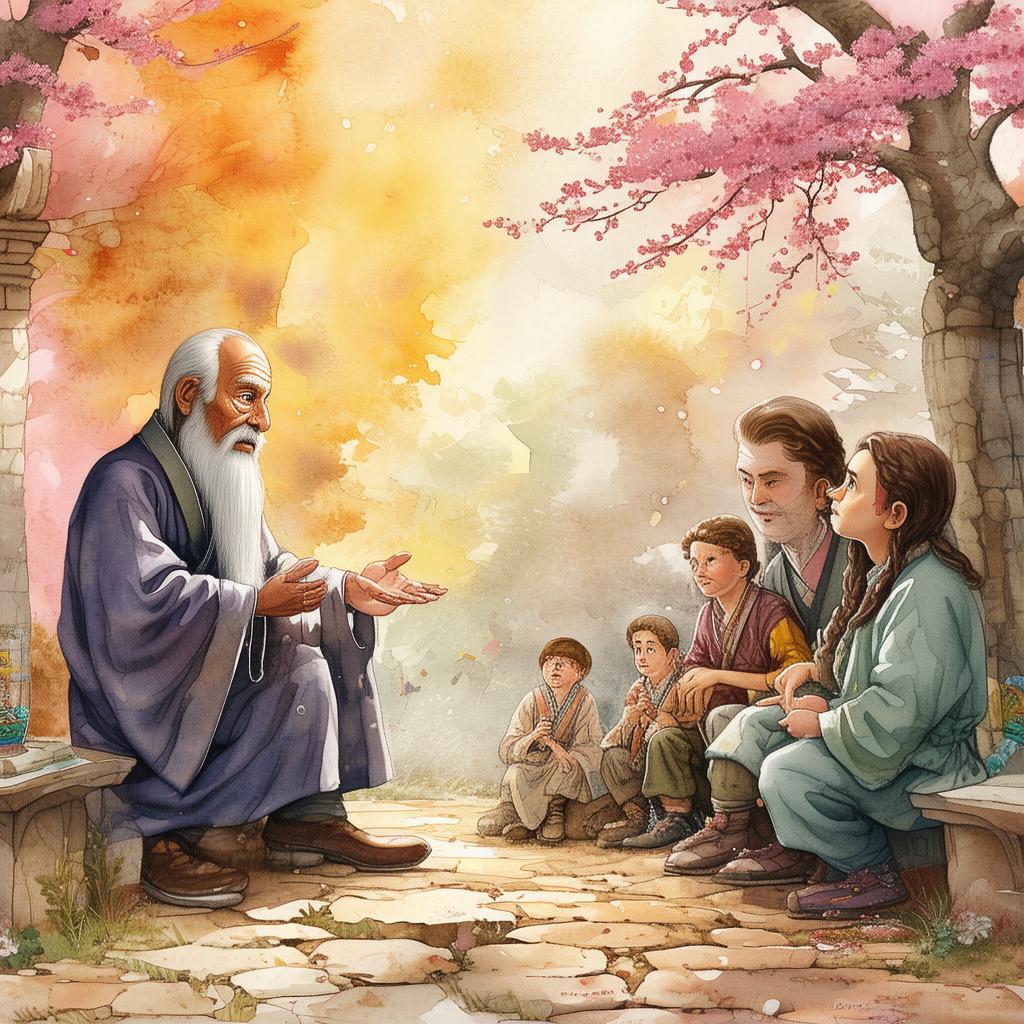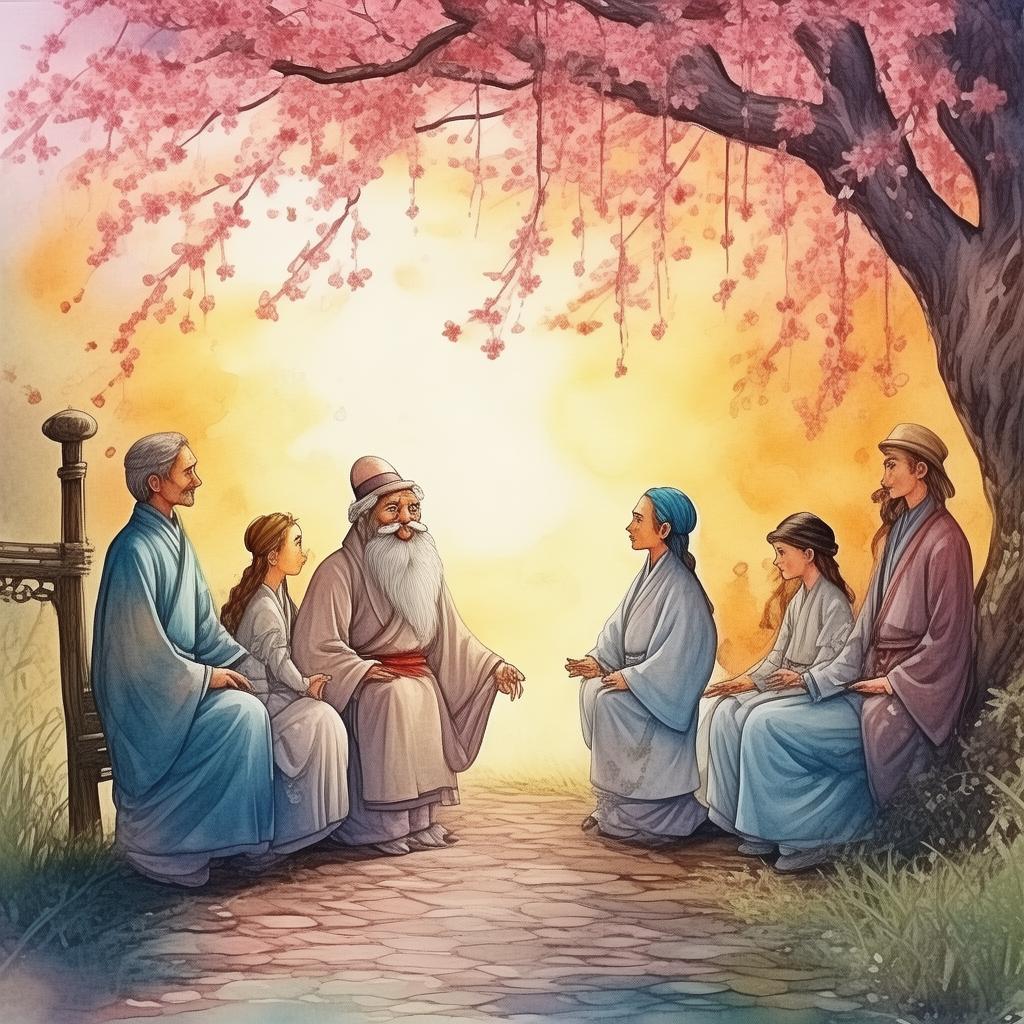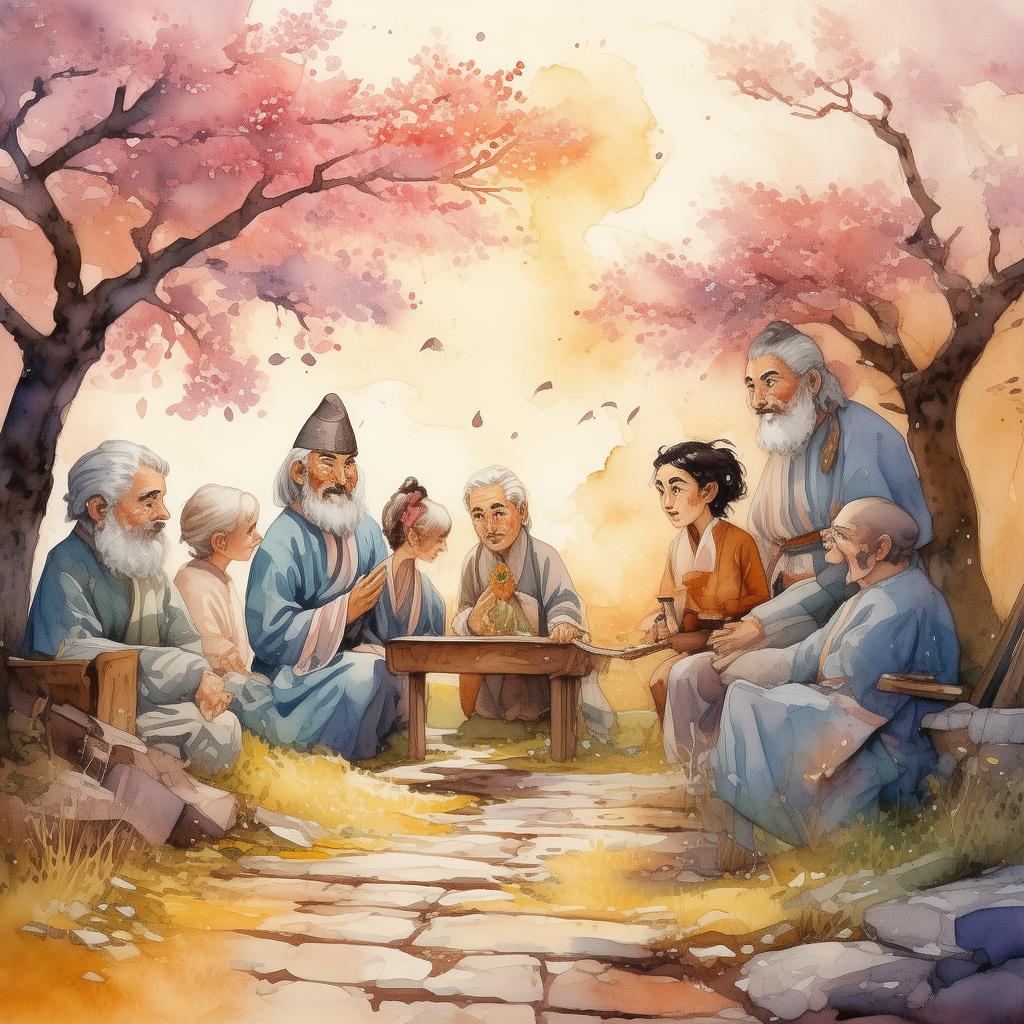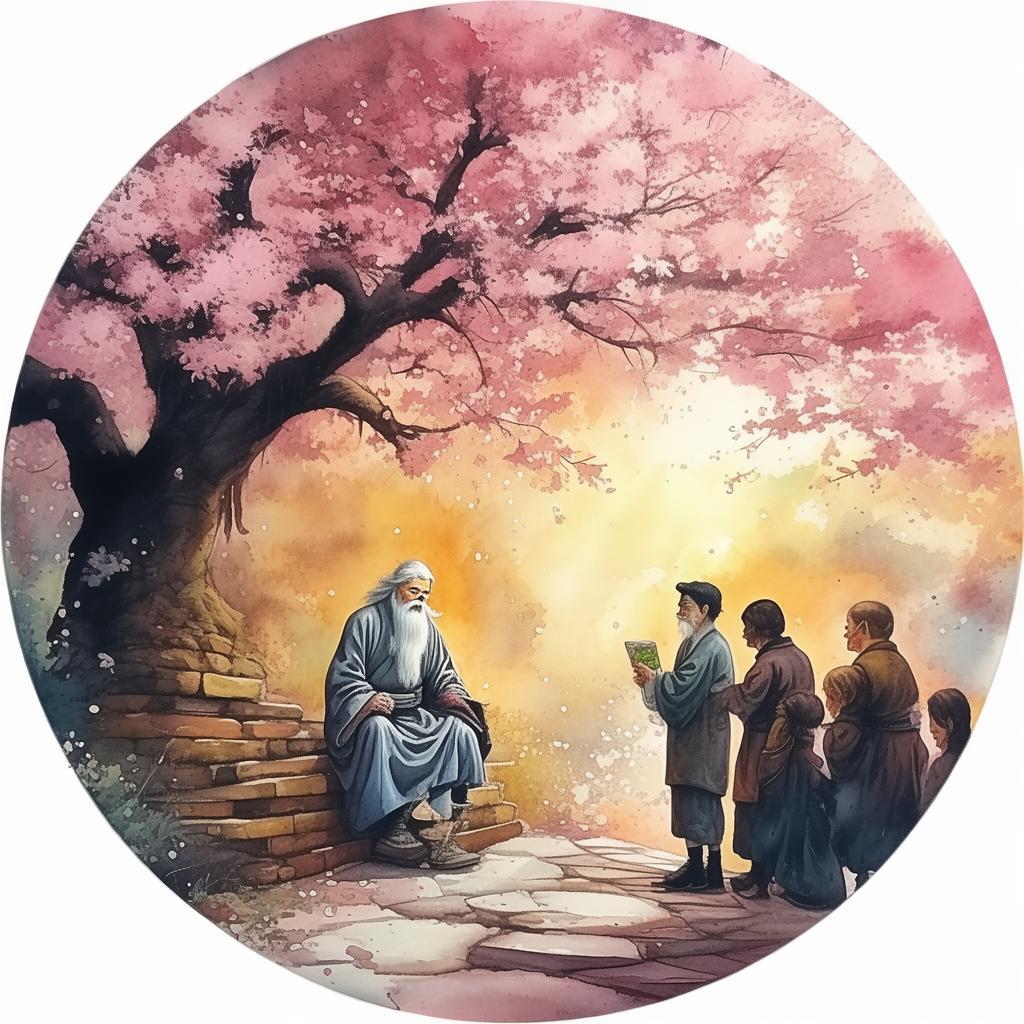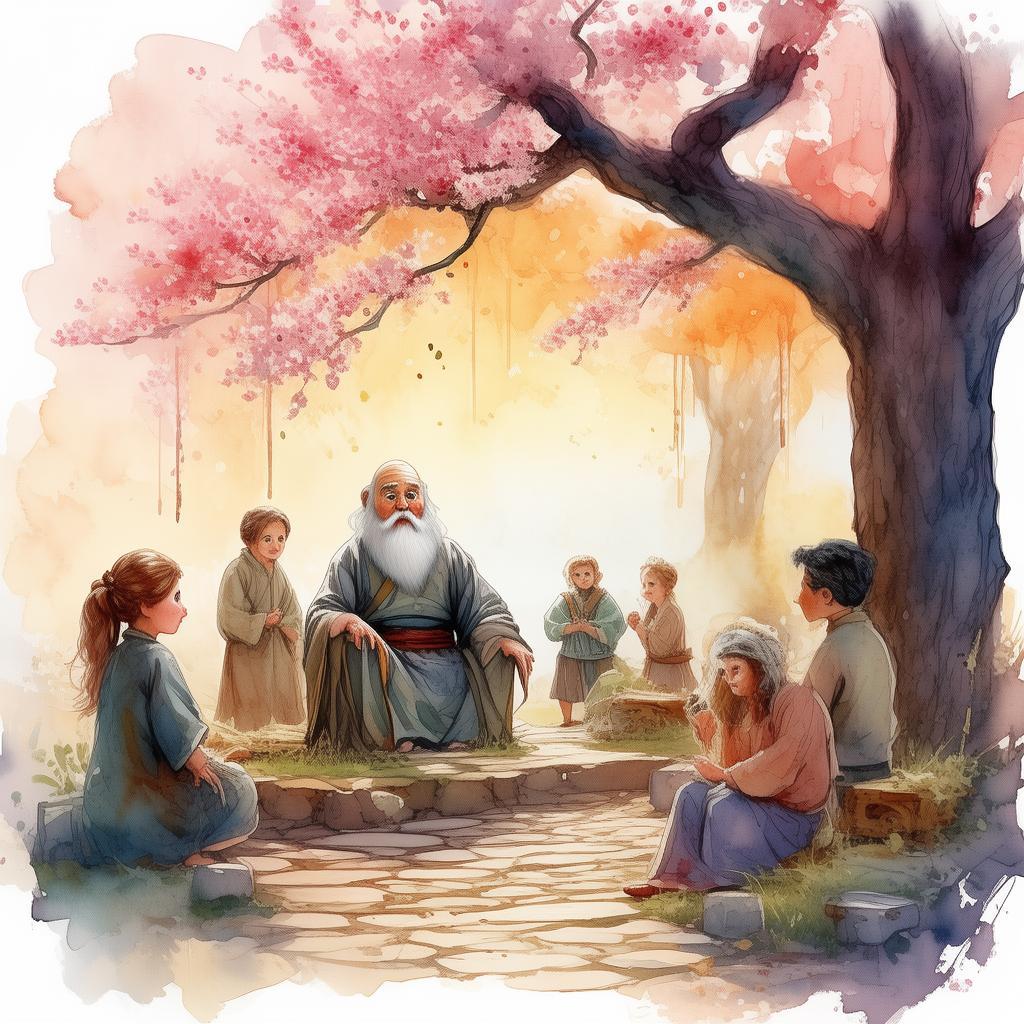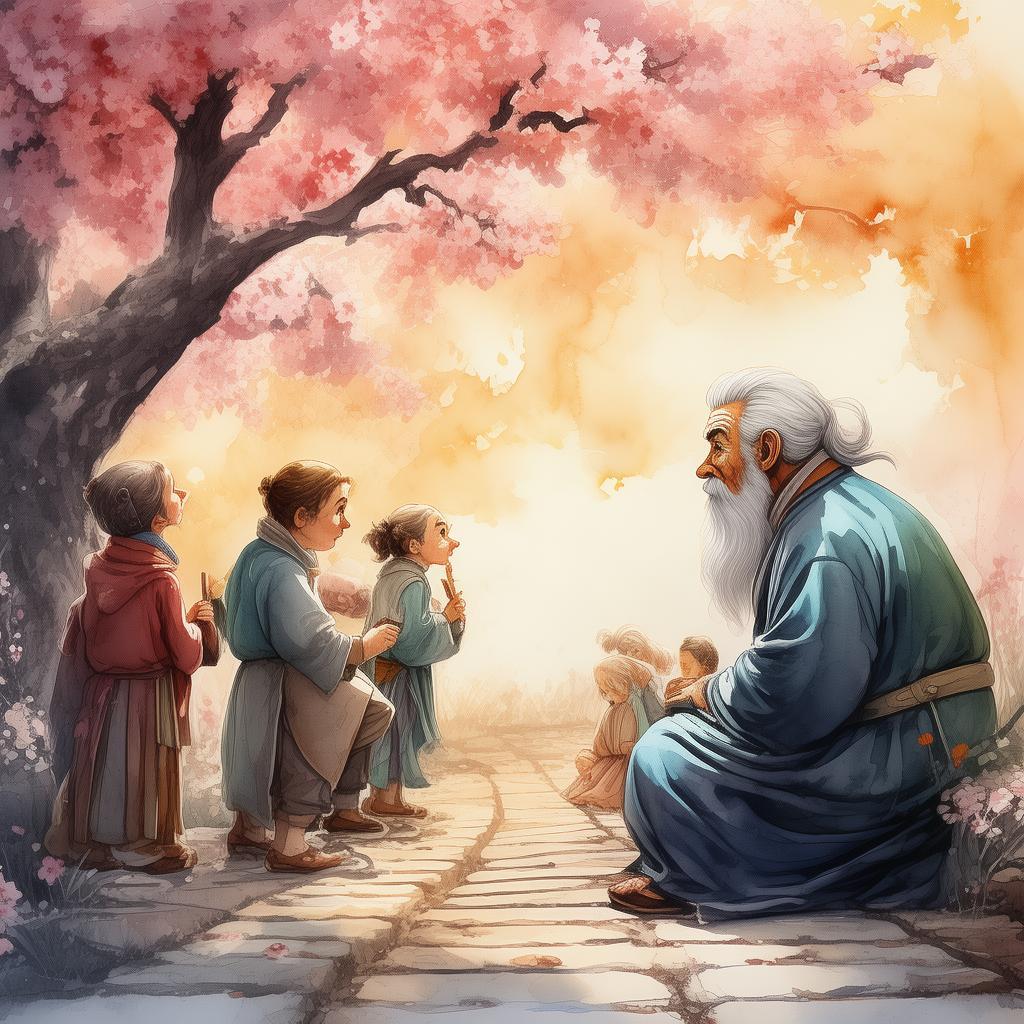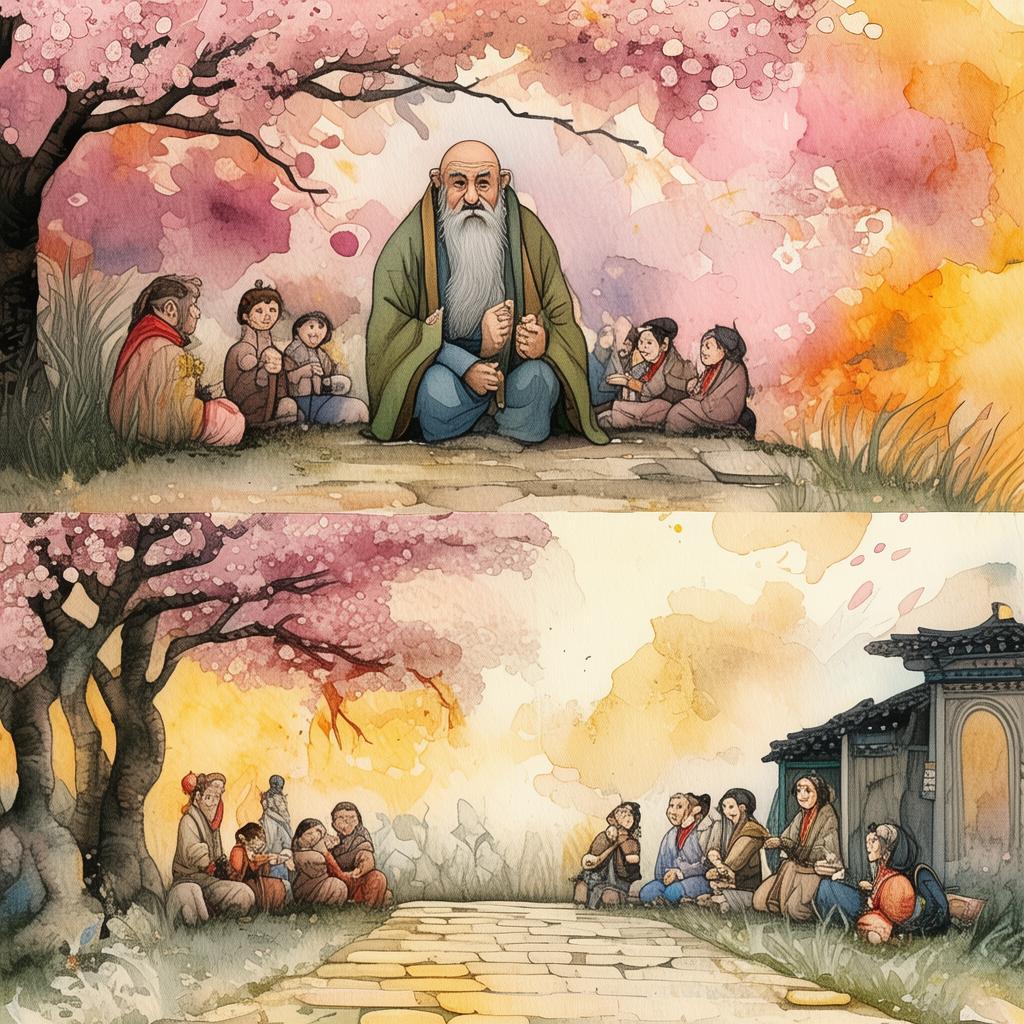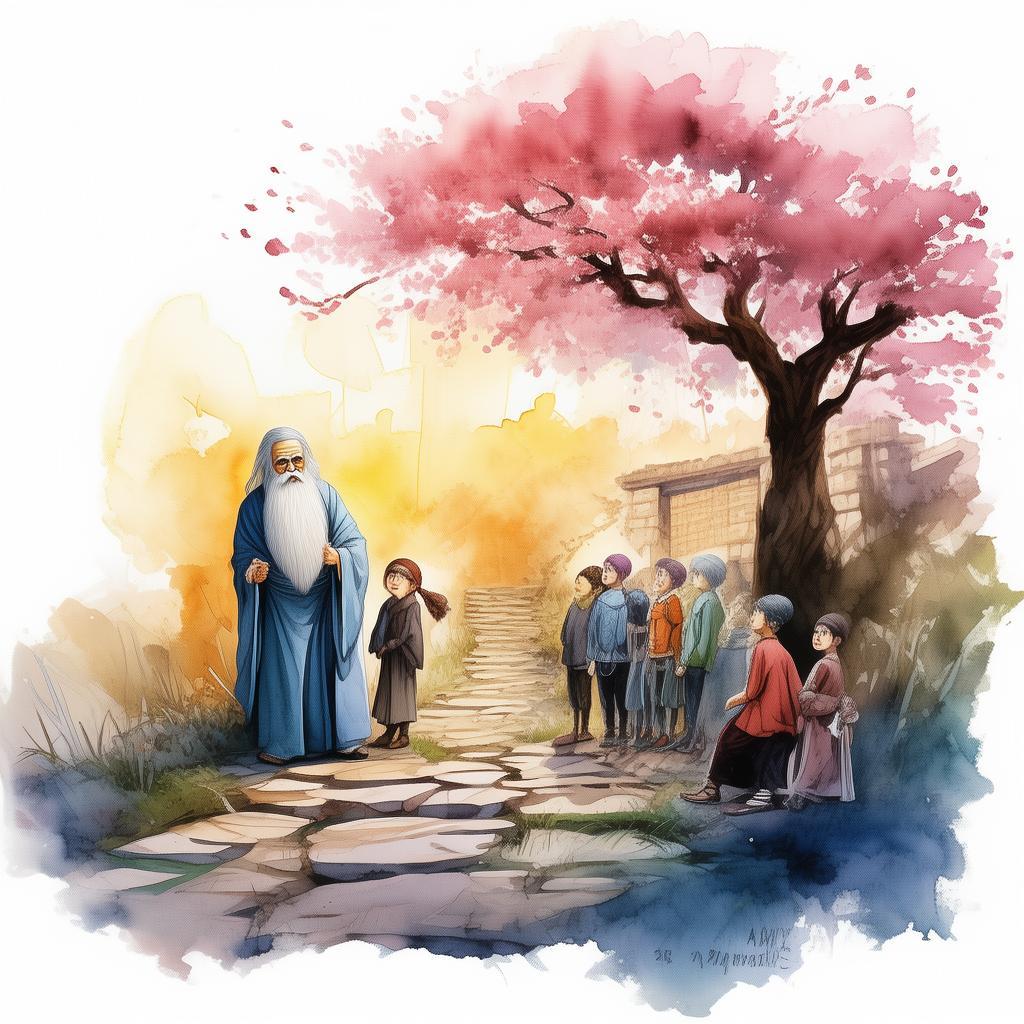The Paladin's Paradox: The Unraveling of the Void's Benevolence
In the heart of the ethereal Void, where the fabric of reality was as thin as a gossamer thread, there existed a realm of perpetual darkness. It was a place where the light of virtue and the shadow of evil danced in a delicate ballet, ever on the precipice of equilibrium. The Void was ruled by a Paladin, a warrior of light, who had sworn an oath to maintain the balance between good and evil. His name was Aranath, a being of immense strength and unwavering dedication to the light.
Aranath had spent centuries combating the dark forces that threatened the Void's fragile harmony. His blade was a beacon of hope, slicing through the darkness with a purity that was almost divine. Yet, within the Paladin's heart, there simmered a paradox—a question that gnawed at his soul. Could a being of light truly be benevolent when faced with the inevitable clash between good and evil?
The story unfolds on the eve of a great battle. The Void was under threat from a dark sorcerer, Malakar, who sought to plunge the realm into eternal night. Aranath knew that to prevent this, he must confront Malakar and his minions. The battle would be fierce, the stakes unimaginable, and the outcome would determine the fate of the Void.
As the sun dipped below the horizon, casting a shadow over the Void, Aranath stood at the edge of the battlefield. The air was thick with tension, and the whispers of the wind carried the cries of the Void's inhabitants, both human and otherworldly. "Aranath, the Paladin of Light, must save us!" they chanted, their voices a chorus of hope.
The battle commenced with a roar, as Aranath charged into the fray. His blade sang a tune of destruction, and the darkness before him shrank back. Yet, as the fight raged on, Aranath found himself grappling with the paradox that had long tormented him. How could he truly be benevolent if his actions were often met with the destruction of those who opposed him?
In the midst of the chaos, Aranath encountered Malakar, his eyes glowing with malice. The sorcerer's laugh echoed through the Void, a sound that was as chilling as the night air. "Aranath, you think you understand benevolence, but you are mistaken," Malakar taunted. "True benevolence lies in the acceptance of the inevitable. Some must fall to allow others to rise."
Aranath's heart raced with fury and confusion. Could it be true? Was his dedication to the light a mere illusion, a construct of his own making? As he stood before Malakar, the Paladin's resolve wavered. He had always believed that the path of the Paladin was clear-cut, but now, he found himself at a crossroads.
The battle reached its climax as Aranath and Malakar clashed in a duel that would determine the fate of the Void. Aranath's blade met Malakar's staff with a force that shook the very ground beneath them. The sorcerer's laughter grew louder, a taunting symphony that seemed to mock the Paladin's struggle.
Suddenly, a blinding light enveloped Aranath. He was lifted from the ground, suspended in the air as the light burned through his very being. In that moment of clarity, Aranath saw the truth of his existence. He was not merely a Paladin; he was the embodiment of the Void's benevolence itself.
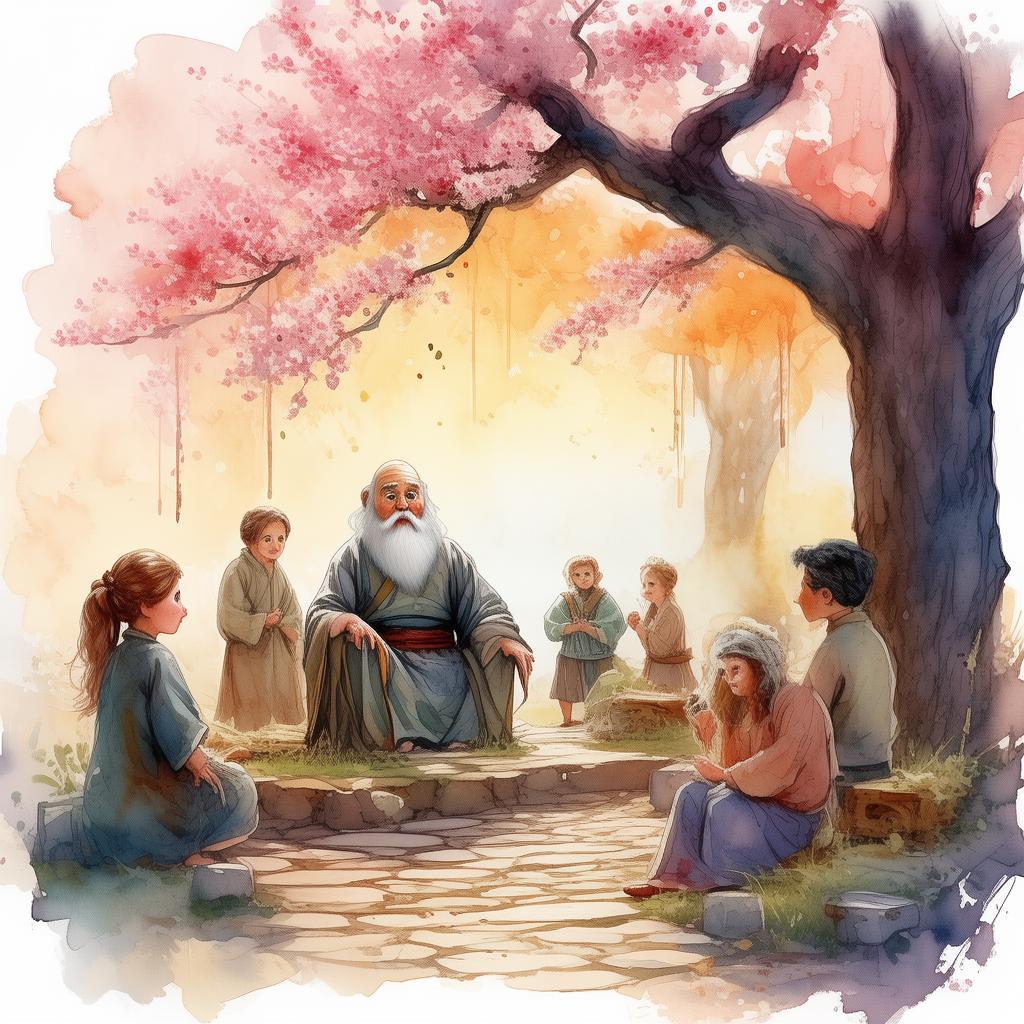
The light revealed to Aranath that his quest to maintain balance was a futile endeavor. The Void was a realm of constant change, and the very essence of its existence was a paradox. Good and evil were not separate entities but rather two sides of the same coin. To truly be benevolent, Aranath must accept the paradox and allow the natural order of the Void to unfold.
With this revelation, Aranath's blade grew soft, and he stepped back from the battle. The sorcerer's laughter faded, replaced by a silence that was almost oppressive. The Void's inhabitants watched in awe as the Paladin, once a beacon of light, now walked away from the fight.
As the night deepened, Aranath returned to his place of solitude, a place where the light of the Void could not reach. There, he sat in meditation, his eyes closed, and his heart open. He accepted the paradox, embracing the chaos of the Void's existence.
The story of Aranath, the Paladin of Light, spread through the Void like wildfire. It was a tale of moral complexity, of a warrior who had faced his own shadow and emerged with a newfound understanding of the world. The Void's inhabitants whispered of the Paladin's Paradox, a reminder that sometimes, the path to true benevolence lies in embracing the paradoxes that define us.
In the end, Aranath's legacy was not one of victory or defeat but of acceptance. He had learned that the true strength of the Void lay not in the power of its light or the darkness of its shadow, but in the balance between the two. And so, the Void continued to thrive, a realm of perpetual paradox, guided by the wisdom of a Paladin who had learned to walk the line between light and shadow, good and evil.
✨ Original Statement ✨
All articles published on this website (including but not limited to text, images, videos, and other content) are original or authorized for reposting and are protected by relevant laws. Without the explicit written permission of this website, no individual or organization may copy, modify, repost, or use the content for commercial purposes.
If you need to quote or cooperate, please contact this site for authorization. We reserve the right to pursue legal responsibility for any unauthorized use.
Hereby declared.

